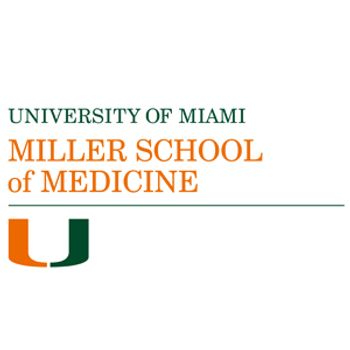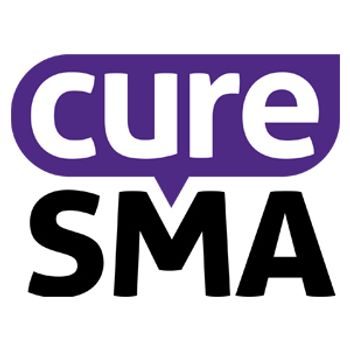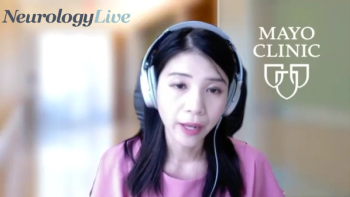
A retrospective analysis suggests that normalizing the spatial proximity between nearby electrodes and more extensive electrode coverage improved the accuracy of post-surgery seizure outcomes.

A retrospective analysis suggests that normalizing the spatial proximity between nearby electrodes and more extensive electrode coverage improved the accuracy of post-surgery seizure outcomes.

Despite its ranking as a "most bothersome symptom" among migraineurs, eye pain and photophobia often go ignored or under-treated in the headache clinic.

The head of Neurology Medical at Lundbeck Seattle Biopharmaceuticals offers perspective on the findings and what impact eptinezumab may have on migraine care.

Low-risk, digital video game interventions could represent a clinically valuable approach to improving processing speed in adults with multiple sclerosis.

The assistant professor of neurosurgery at Yale School of Medicine spoke to the observations she and colleagues made to better understand the process of cell death and corpse removal in the brain.

In part 2 of this interview, Daniel Ontaneda, MD, PhD, the co-principal investigator of the CAVS-MS study, describes the long-term goals of the study and how the central vein sign will be incorporated into standard diagnostic criteria for multiple sclerosis.

The University of Miami Miller School of Medicine designated as 1 of the 31 centers of excellence by the National Institute of Aging and will play a huge role in the 1Florida Alzheimer's Disease Research Center.

Treatment with galcanezumab (Emgality; Eli Lilly) was associated with improvements in total pain burden for patients with both chronic and episodic migraine compared to placebo groups.

Treatment with natalizumab helps both confirmed disability and functional system, suggesting it may be considered when evaluating treatment options for those with relapsing-remitting multiple sclerosis.

Neurology News Network for the week ending July 11, 2020.

Take 5 minutes to catch up on NeurologyLive's highlights from the week ending July 10, 2020.

Cure SMA gives an overview of the recent 2020 Virtual SMA Conference, with highlights on new data and poster sessions.

The latest program from Cure SMA aims to better understand the capacity of spinal muscular atrophy centers in the US and to continue to carry out effective clinical trials.

The associate professor of neurology at Vanderbilt University Medical Center offered his perspective on the feasibility of genotyping, phasing, and targeting of SNPs in Huntington disease.

The FDA has set the Prescription Drug User Fee Act action date for Q4 2020 for the AstraZeneca agent.

In the phase 1/2 study, the Biogen agent showed a favorable reduction of SOD1 concentrations compared to placebo, particularly with the 100-mg dose, and is being assessed in an ongoing phase 3 study, VALOR.

Despite the ongoing public health emergency, many of the telehealth policies established by the CARES Act waiver are expiring.

The director of the Neurology Residency Program at Weill Cornell Medicine provided insight on the experience residents have had during the COVID-19 pandemic and how it has shaped them for the future.

Reduced amplitude and/or robustness of the rhythms, rather than disrupted timing, are the most indicative of a subsequent risk of PD, independent of nighttime sleep disturbances.

The National Institutes of Health program, dubbed Accelerating Leading-edge Science in ALS, or ALS2, is set to invest $25M over 5 years for exceptionally creative and riskier research.

The associate professor of neurology at Vanderbilt University Medical Center spoke to the findings of a recent study in Huntington disease that assessed the feasibility of selectively knocking down mutant protein expression.

New data suggest that peripapillary retinal nerve fiber layer thinning may be an independent and novel risk factor for conversion to multiple sclerosis in those with RIS.

Biogen’s biologics license application for aducanumab is supported by the phase 3 EMERGE and ENGAGE trials. The company has also requested a priority review designation.

Findings of the study provide a cautionary note in relation to cannabis use in people with MS, at least with respect to depression.

The lack of effect on cognitive function provides reassurance to clinicians and parents for the developmental outcomes of a well-recognized, albeit relatively uncommon, adverse event after immunization.

The neurologist at Mayo Clinic in Phoenix, Arizona, detailed the importance of further studies of FDA approved medications in different patient populations.

The FDA accepted an NDA for Zosano’s ADAM zolmitriptan (Qytripta) in the acute treatment of migraine in early March, with a PDUFA date set for mid-October 2020.

The associate professor of neurology at Vanderbilt University Medical Center offered his perspective on his and colleagues’ study of single nucleotide polymorphisms in Huntington disease.

One of the first case-series studies that analyzed children with COVID-19 suggest that SARS-CoV-2 should be considered for differential diagnosis in children presenting with new neurologic symptoms and splenium signal changes on MRI.

The dual orexin receptor antagonist improved sleep maintenance and total sleep time without residual next-day effects.